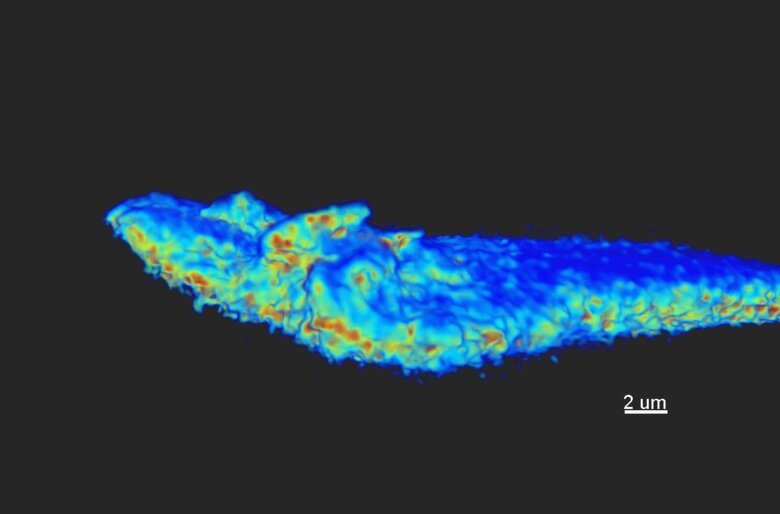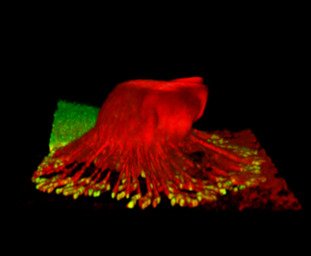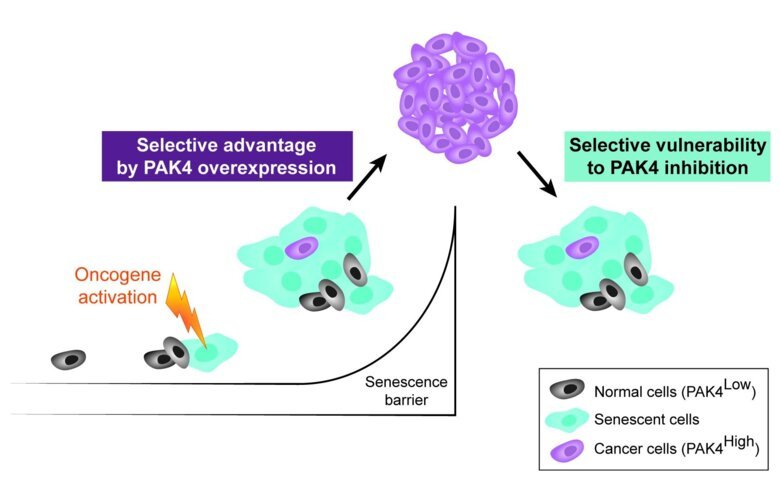Cell-Matrix Interactions and Signalling in Cancer

Part of the ECM influence on cancer cells stems from the mechanical properties of the ECM. Stiffening of a tumour as a palpable lump is also often the first diagnostic measure of cancer; normal breast is soft, whereas breast cancer is stiffer. Increased stiffness is a physical hallmark of many solid cancers, including breast cancer, where the increased extracellular matrix stiffness contributes to oncogenic transformation, aggressiveness and poor prognosis.
We study, at the molecular level, how the mechanical properties of the ECM generate intracellular signalling in cancer cells and how these signals promote cell proliferation and migration.

Also, cancer cells attach to and can migrate within the ECM, ultimately leading to life-threatening metastasis. We study cancer cell migration with the purpose to uncover new molecular mechanisms governing this process. We are particularly interested in how local force generation and signaling of small GTPases of the Rho family coordinate their actions to produce cell migration. For this purpose, we use quantitative live cell imaging combined with advanced image analysis and modelling.

We also investigate how the signalling component p21-activated kinase-4 (PAK4) affects cancer development and progression, in particular the control of cellular senescence, a cellular stress response that serves as an early barrier to cancer development.
Our detailed molecular studies of cancer development and progression are aimed to aid the development of urgently needed new diagnosis and therapy.
News from the group
Link to the LCI facility page
Looking for a MSc, postdoc or PhD position?
Post-docs
Available postdoc positions are generally announced at Karolinska Institutet’s KI-jobs page. However, outstanding candidates are welcome to apply at any time; Please send an introductory letter, CV, publication list, and three letters of reference to Staffan.Stromblad@ki.se. (Considered to be outstanding candidates are those who would be competitive for prestigious external fellowships, such as the EMBO long term fellowships).
Ph.D. students
All Ph.D. student positions will be announced at KI-jobs web page when available.
Master’s thesis students
For Master’s student projects (minimal time one term), please inquire with Staffan Strömblad. Please provide, in addition to information on timing, formal requirements, etc., also a cover letter of intent, CV, a copy of your University grades and at least two letters of reference.
Internships
We are unfortunately not able to host internships.

